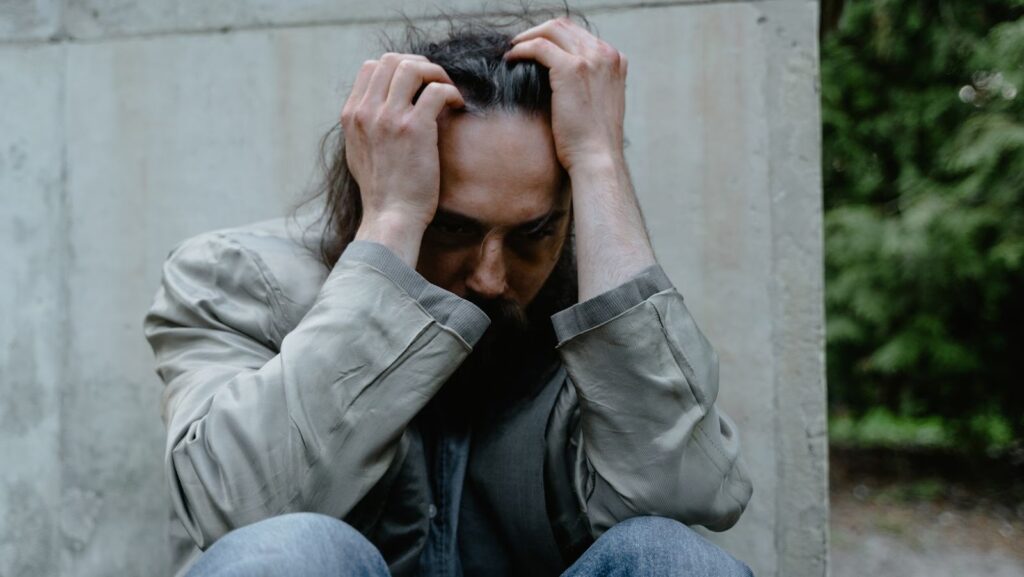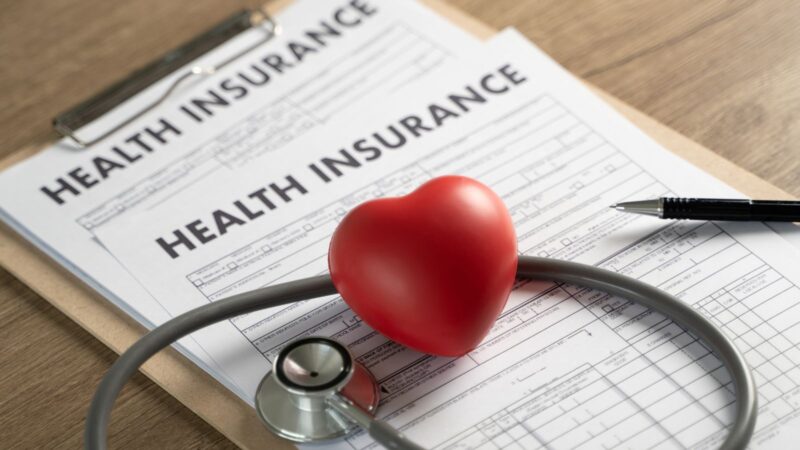
Depression, also known as major depressive disorder or clinical depression, is a serious mental health condition that affects how an individual feels, thinks, and acts. While everyone experiences depression differently, there are five warning signs to look out for if you think that you may be suffering from a major depressive disorder or clinical depression. Knowing the warning signs is a good first step in taking control of your mental health and seeking professional help when needed.
If any of these warning signs have become part of your routine, read on to discover more about what could be happening so you’re able to take action and work toward feeling better.
Loss of interest in activities you once enjoyed
One common sign of clinical depression is a sudden or gradual loss of interest in activities that had once been a source of joy. This lack of enjoyment can last even when engaging in activities or hobbies that someone once found very pleasurable or fulfilling.
If you have noticed a new lack of enthusiasm for your usual pastimes, you might be suffering from a form of depression. Talk to a therapist or mental health professional so that you can start feeling better and regaining your sense of purpose.
Significant increase or decrease in appetite
An individual suffering from depression may no longer derive pleasure from eating or miss meals altogether, leading to weight loss, lethargy, and a lack of normal energy levels. On the flip side, the increased appetite may lead to increased cravings for sugary or unhealthy food, which can cause further feelings of guilt and sadness.

In either case, it is important to be aware of sudden changes in diet and speak with a doctor or mental health professional if they become noticeable. A balanced, nutritious diet is one of the best ways to maintain your mental well-being, so ignoring these signals can lead to even worse depressive symptoms later on.
Sleep disturbances
Difficulty sleeping or oversleeping is a common symptom of depression. The two most common types of sleep disturbances associated with depression are insomnia, characterized by difficulty falling asleep or staying asleep, and hypersomnia, which involves excessive sleeping during the day or night. These sleep disruptions are often associated with mood changes, social withdrawal, and impaired concentration.
Furthermore, difficulty sleeping at night can lead to increased fatigue during the day and have a significant impact on an individual’s mental health. If you are finding it difficult to achieve a restful night’s sleep, contact your doctor.
Low energy throughout the day
Low energy throughout the day is a common symptom of depression, and it can be compounded by changes in your sleep patterns. Ongoing fatigue due to depression can be a vicious cycle — you may feel exhausted during the day but unable to go to sleep or stay asleep, making waking up the next morning even more difficult.

Without the proper treatment, this lack of energy can be overwhelming and often leads to difficulty getting through tasks of daily living. Those who struggle with depression may feel unable to muster up the energy necessary to cope with their symptoms. They may withdraw from social activities due to fatigue and generally move through tasks in a lethargic manner.
If you feel tired or low-energy on a daily basis, speak to your psychiatrist or general practitioner. They can use a variety of tests and evaluations to rule out any other health conditions that might be contributing to your fatigue and help find a treatment plan that works for you.
Feeling hopeless and helpless
Feeling helpless and hopeless can be debilitating symptoms of depression. These feelings can prevent people from wanting to take part in their normal daily activities, such as going to school or work, engaging in social activities, and completing basic tasks or chores.
A persistent feeling of sadness, detachment, or hopelessness is much different than everyday sadness. If you are experiencing changes in your mood, keep a journal of potential signs of depression that you’re experiencing. A bad mood every once in a while is a normal part of life, but you shouldn’t — and don’t have to — feel depressed all the time.
If this feeling persists, it’s important to reach out for help and speak with a trusted healthcare provider who can provide guidance on managing these unsettling emotions. Often, medication or therapy may be necessary for an individual to return to a state of feeling more balanced and positive about tackling life challenges.
Watch for Signs of Depression in Yourself and your Loved Ones
Depression is a serious mental health condition, and it’s important to seek professional help if you or somebody you know experiences these symptoms for an extended period of time. Depression can be managed with a combination of therapeutic treatments and drug therapies such as antidepressants.
If you are struggling with depression, try to focus on the things that bring you joy, reach out for support from friends, family members, or mental health professionals, and practice self-care activities like exercise and getting enough rest. Taking steps towards better mental health can make all the difference in managing depression successfully.












